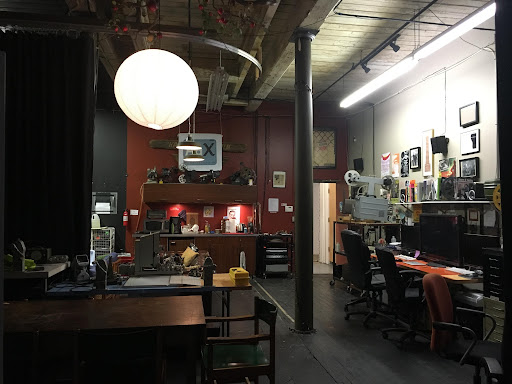
On March 7, 2020 a group of filmmakers—ranging from beginner to experienced—gathered at AgX Film Collective’s space in Waltham to learn cameraless filmmaking. “You can paint on film with a lot of stuff,” explained Kathryn Ramey, filmmaker and AgX founding member, as she tended to questions during the workshop. “I usually use Dr. Martins’ ink, I use Sharpies, all kinds of stuff.”
This was fairly standard fare at AgX, a collective that has staged more than 100 events—not just workshops but also skillshares, screenings, class visits, work-in-progress screenings, salon conversations, field days, presentations, open studios events, and expanded cinema shows—since the group was founded and the space was opened in 2015. Yet because of the COVID-19 pandemic, the cameraless filmmaking workshop was the last public in-person workshop AgX has held.
Established in 2015 by a group of local artists who wanted to work more collaboratively by “sharing resources, equipment, chemistry, general knowledge that everyone has, [and] helping each other out with projects,” AgX supports filmmakers, photographers, and interdisciplinary artists with resources and equipment. The group is unique in that it is the only film collective in greater Boston with a multi-use space for photochemical film processes that also supports video and hybrid film-video workflows. “AgX is doing vital work by creating and supporting space for analog methods, while also serving a variety of other roles,” explained Gen Carmel, filmmaker and AgX member.
“AgX is a community darkroom for our members who need to hand-process their own films,” Carmel noted during an interview conducted last year. “It offers a wide variety of filmmaking and editing equipment that can either be borrowed by members or used at the space. It’s also an exhibition space with the ability to project across a wide variety of film and video formats, and it’s a gathering place for public workshops, member skillshares, and member work-in-progress feedback sessions. Outside of the space, AgX members also work together on field days and collaborative film projects.”
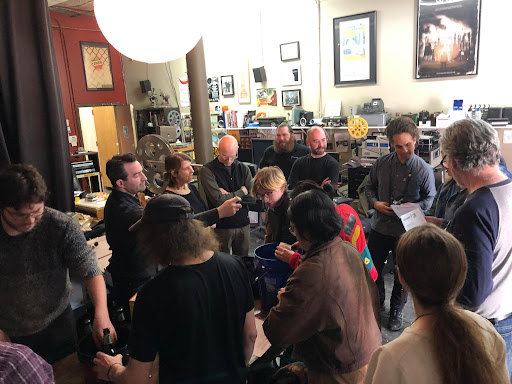
With about 50 members who pay sliding scale dues, AgX is a part of a vibrant film community in greater Boston. With a smaller job market, the film scene in Boston is unlike Los Angeles or New York. But local independent theaters like the Brattle Theatre, Coolidge Corner Theater, and the Harvard Film Archive provide a platform for filmmakers to exhibit their work year round. These exhibition opportunities are bolstered by local screening series like the DocYard, the Balagan Film Series, and the Bright Lights Film Series.
“What drew me to AgX was that it was an open, inclusive, and community-focused group of extremely caring and talented filmmakers trying to organize themselves as an alternative model for filmmaker support and education, and to make these filmmaking processes more accessible and shareable within Boston in general,” Carmel said. “I also loved that it was non-hierarchical, multi-generational, and was formed as a very DIY space by people affiliated with all of these institutions around the city.”
“We’re a really genuine collective, in the sense there’s no hierarchy,” Ramey added. “Everybody contributes what time and energy they can.”
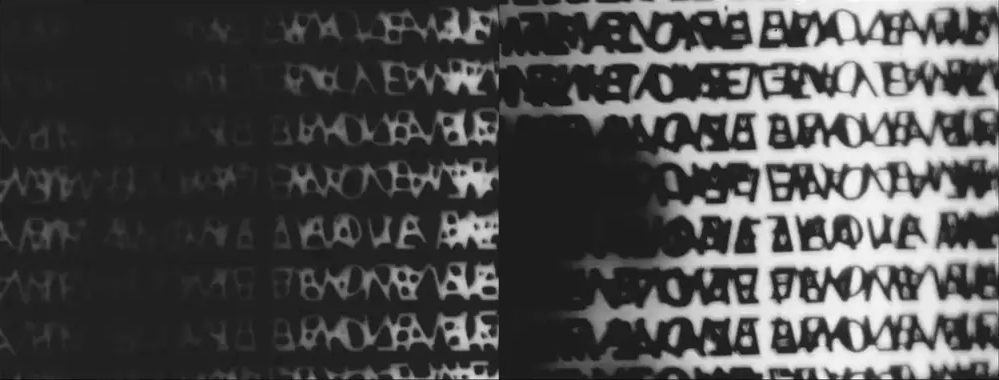
The COVID-19 pandemic laid bare capitalism’s incompatibility with supporting non-corporate arts organizations. During the pandemic, greater Boston lost beloved spaces and venues, unable to pay rent. Many launched their own fundraising campaigns to support their staff. The effect on established businesses was in some cases immediately calculable, but the effect on collectives and other less formal organizations will be hard to fully comprehend for months if not years to come.
“As a group, [we] had to pause all of our in-person workshops and events, which previously had been helpful in offsetting the cost of our rent and utilities,” Carmel noted last year, in the midst of the pandemic. “Our member dues alone cover only about 75% of those costs, so several members have been doing some low-key fundraising this summer, which earned us some additional individual donations. We also received several small grants, which will temporarily help us with adapting some virtual workshops, and to think about how we can do some long-term resiliency planning.”
“And we were the recipient of a COVID relief grant from the City of Boston Mayor’s Office,” Ramey added, during her own interview. “So that’s pretty exciting because a huge challenge for us has been during COVID, we can’t hold workshops. And that’s really made it challenging for us to make our rent.
“I have seen a number of amazing organizations saddle themselves with rent obligations and basically collapse under the weight of not being able to financially afford [them],” she’d mentioned earlier, while describing the earliest days of AgX. “The problem is with the United States, it’s not Boston, it’s every place in the US. We don’t support small arts organizations and we certainly don’t support small arts organizations that don’t, you know, do certain kinds of things. You know, like [work] that can be seen by the moneyed elite as valuable.
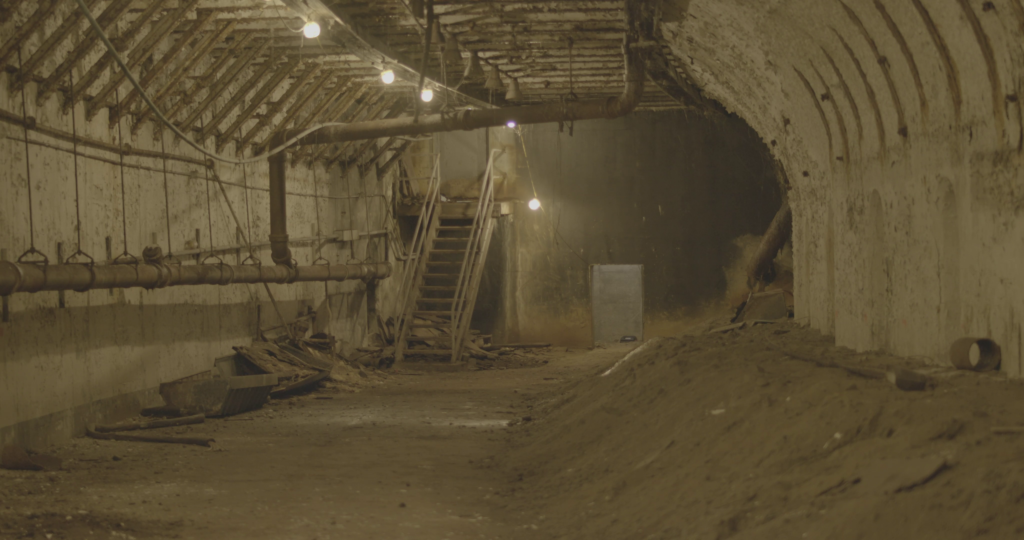
“That’s what’s always been one of our huge struggles, is making that rent,” Ramey continued later. “But for many years, up until COVID, we were actually doing it and we were doing it quite successfully by leading workshops and getting new members, [who] can pay a sliding fee. So if you have no money, it’s very minimal. And if you’re like me and have a full time job, it’s more. And so…we made it as accessible as possible for all economic stratas. And that’s been great. But it’s also been a challenge to sometimes make the rent with a membership fee.”
As filmmakers, AgX members aim to address challenges facing the filmmaking community and artists in general.
“We’ve built a world that has no systematic way of supporting artist labor, except through competition and commodification, which are often at odds with the collaborative and gift-like nature of art,” Carmel said. “I think of art in the same way that I think about the environment—something that is core to nurturing and developing human life, and which needs to be protected and nurtured, rather than commodified until complete decimation. I think we need independent and alternative modes of artist support that are democratic, participatory, open, artist-led, and publicly funded at all levels.”
Unfortunately, the pandemic only exacerbated the lack of artist support.
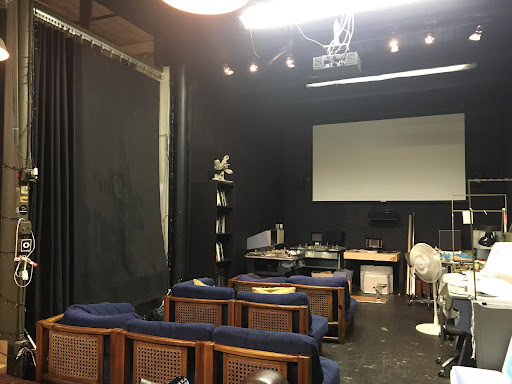
Despite the challenges presented by the pandemic, AgX has not stalled. Fueled by donations and two small grants from the past year, members now have their sights set on more grant applications. And in June, they hosted their first hybrid indoor and virtual work-in-progress screening at the AgX space in Waltham.
“We worked out a way to have it run very smoothly, and I’m so happy that a few members who weren’t able to make it in person were still able to share work and take part virtually,” Carmel said during a more recent interview. “Also, although I didn’t have anything to share myself, it felt so nourishing and generative to experience what others have been working on, and to be in supportive and constructive conversation again. We plan to continue hosting hybrid work-in-progress screenings on a regular basis this year.
The collective also hosted an outdoor screening in collaboration with Non-Event on Aug. 14 at the Norman B. Leventhal Park, showcasing a mix of silent film and video paired with experimental sound, double projections, and sound film and video works by AgX members—including at least a few short films from an Exquisite Corpse film series that members have collaboratively worked on throughout the past year.
“We formed small groups that have been using USPS to mail a roll of film around to one another. Each person films a different 30 second segment on the role, and then sends it on along with a prompt for the next person in the group,” Carmel said last year, before the first films in the series had been completed. “Even while our public programming has paused, I love how projects like this can continue to nurture us.”
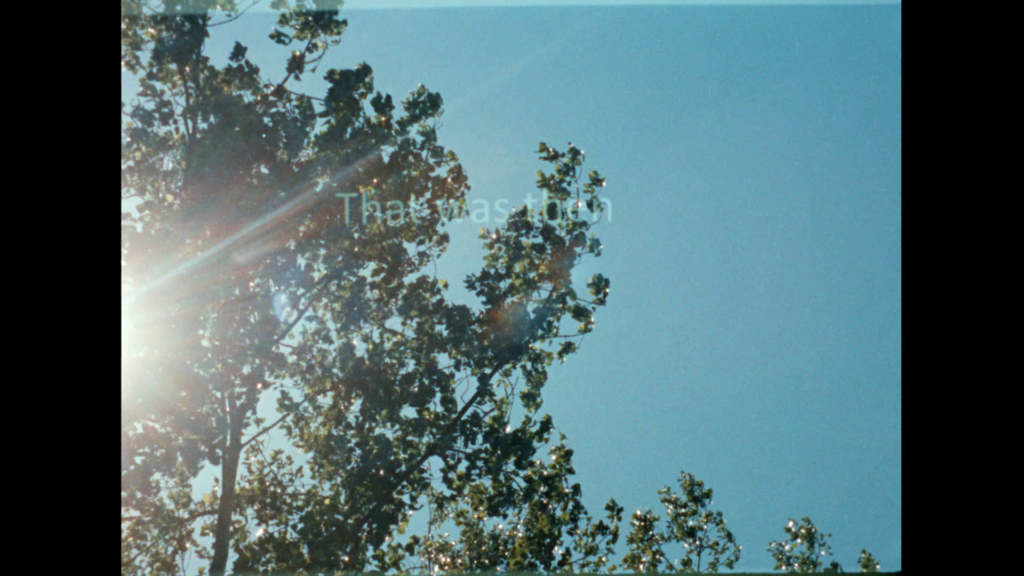
In addition to the Exquisite Corpse project, AgX members are leading a curatorial collaboration of Austrian and American structural films with plans to screen the program in Vienna and Boston. And in the fall, AgX plans on participating in Waltham Open Studios.
Looking forward to the spring, they aim to relaunch their public workshops.
“I feel like it’s going to be like coming out after a really big storm, you know, one of those crazy nor’easters where trees come down and houses get smashed and things get flooded and then and then the sun comes out and everybody’s going to come out and get back to work,” Ramey said. “I feel like the art scene in Boston will be like that too.”
This article was produced in collaboration with the Boston Institute for Nonprofit Journalism as part of its BINJ Arts initiative. If you want to see more deep local arts reporting like this, make a contribution at givetobinj.org.
Olivia Deng is an arts and culture writer who also covers politics and social movements. Her work has appeared in DigBoston, WBUR, Boston Magazine, The Atlantic, Boston Art Review and more. She is also an illustrator and painter.

